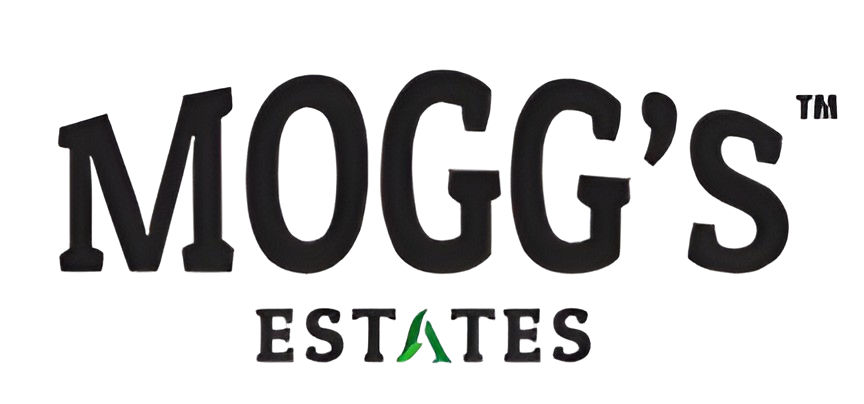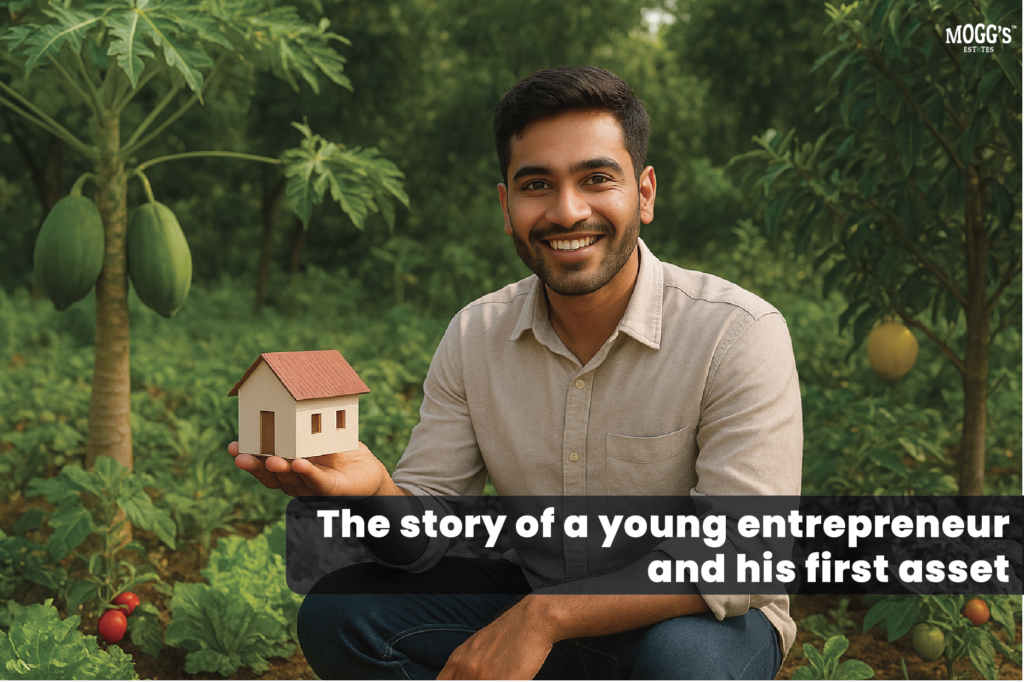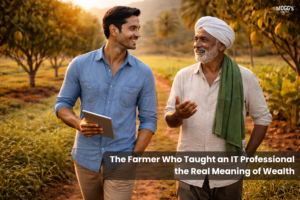When you start a business, no one prepares you for how chaotic the journey feels. There are moments of excitement, achievement and confidence. But there are also silent moments when doubt sits with you like a familiar shadow. This story begins with one such entrepreneur named Aarav. At twenty-six, he had built a small but growing digital marketing company in Bangalore. It was not an overnight success. It was years of uncertainty, long nights, client rejections and stubborn belief that his idea deserved a chance.
In the early days, Aarav worked out of shared workspaces and sometimes from noisy cafés. His first big client came eight months after launching his company. Once the payments started flowing in more regularly, something shifted. He was finally able to breathe. He could pay himself a salary. He could pay his team on time. He could expand. But with growth came a new question. What do I do now that money is finally moving in the right direction?
Like most first-time entrepreneurs, Aarav turned to the internet for guidance. The usual advice came up. Stocks. Gold. Real estate. Mutual funds. Crypto. He tried some of them in small amounts. Stocks were unpredictable. Crypto moved too fast. Gold felt too traditional. Real estate was appealing but overwhelming. Every time he searched deeper, he found himself coming back to one idea. Land. Not an apartment. Not a flat. Pure land.
He liked the simplicity of it. Land does not depreciate. Land does not lose relevance. Land does not break, wear out or go out of fashion. It only grows in value and purpose. That idea stayed with him. But buying land in India is complicated when you are young and do not have family guidance or connections in the real estate world. Every time he explored, he found legal paperwork, zoning laws, agricultural rules and confusing conversations. So he paused his search.
One afternoon during a client meeting, someone mentioned managed farmland. The idea caught his attention. A company that helps you buy agricultural land legally, manages it on your behalf and even supports farming and returns. It sounded almost too perfect. But curiosity won, and he decided to explore.
A week later, he walked into the corporate office of Mogg’s Estates in Jayanagar. The space felt very different from the typical real estate environments he had experienced. There were maps, soil samples, on-ground footage, project lifecycle screens and teams that spoke with clarity instead of pressure. No one tried to sell him a dream. They simply explained how farmland works, why agricultural land needs legal compliance, how the management model functions and what kind of returns and growth patterns land has shown historically.
For the first time, Aarav understood that farmland is not just a purchase. It is a long-term asset that offers emotional and financial value. He learned how the farming model works, how plantation cycles generate income, how security and maintenance are handled and how land appreciates faster when managed with a long-term agricultural development strategy.
The decision did not happen in one meeting. Aarav returned home and thought about it for days. He remembered how unpredictable markets felt when the pandemic hit. He remembered how he had once considered buying a second-hand car with his bonus. He recalled conversations about wealth creation and long-term stability. And eventually, he realized something important. He did not just want assets. He wanted legacy.
Two weeks later, Aarav booked a farmland unit with Mogg’s Estates. The day he received the first official document with his name on it, something changed internally. It was the first time he felt like he owned something tangible. Not a subscription. Not shares on a screen. Not digital value. Real earth. Real soil. A space where trees would grow. A place that would exist even if markets crashed or trends shifted.
Months passed, and the project development progressed. Every update he received felt like progress, not just for the farmland but for his identity. His land now had plantations growing. Irrigation systems were installed. Farmers were working on the soil. There was structure. There was an intention. There was life.
Aarav realized that investment is not only about numbers. It is about alignment. He wanted his money to grow where it made sense. He wanted stability in a world that encourages constant upgrades and fast decisions. Farmland gave him that grounding.
One year later, sitting in his office overlooking his growing team, he thought about how far he had come. The farmland was now yielding returns. The land value had increased. And more importantly, he felt a sense of security he never felt with other investments. He knew the land would only expand in value. His money was not just multiplying. It was rooted.
Today, Aarav continues building his company. He plans to buy more farmland in the coming years. He shares his experience with other young entrepreneurs who are searching for stable asset choices. When asked why farmland, he answers the same way every time.
Because someday, wealth is not just money in the bank. Wealth is peace. Wealth is ownership. Wealth is seeing your decisions grow into something real. And farmland gave me that feeling before anything else did.
For young founders, creative professionals, NRIs and new investors, farmland is not just an asset class. It is patience turned into property. It is stability turned into opportunity. It is nature turned into long-term generations of value.
Aarav’s journey reminds us that the best investments are not the fastest or the flashiest. They are the ones that stand the test of time. And sometimes, the smartest financial move is the one that also feels right in your heart.
Because money grows in many places, but land grows in only one direction. Upward.
And when an entrepreneur invests in land, they are not just buying property. They are buying their future.




